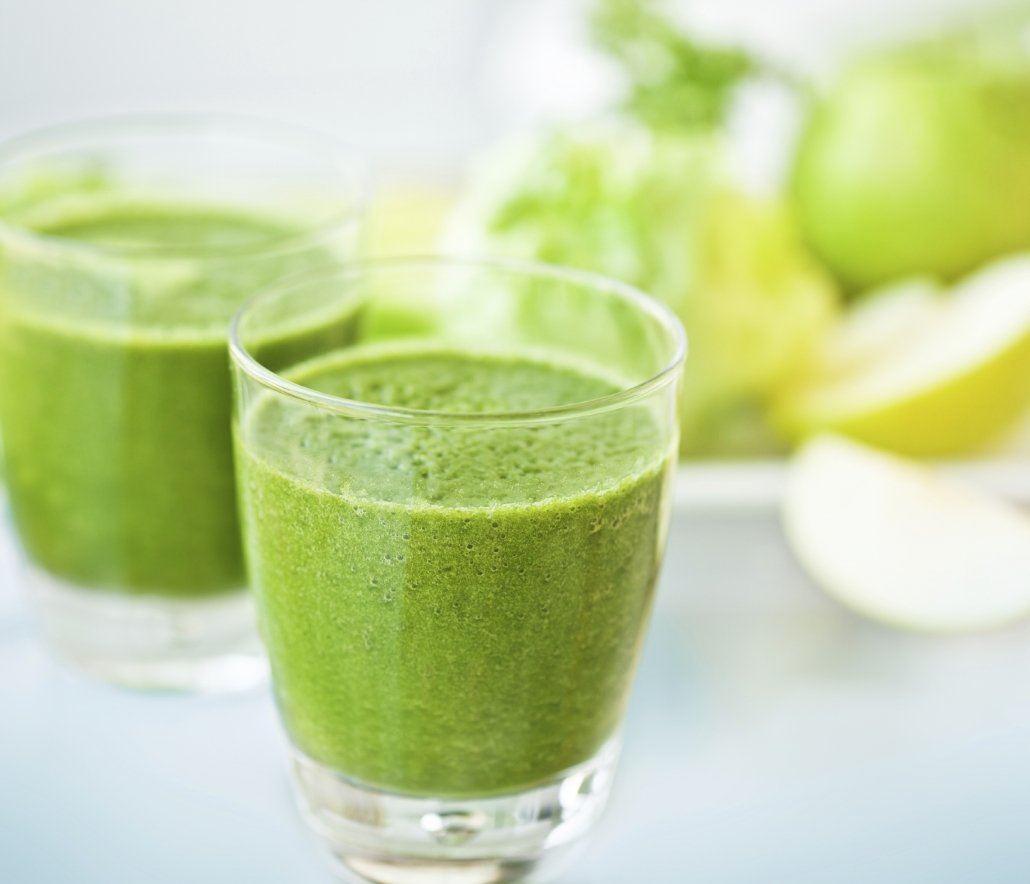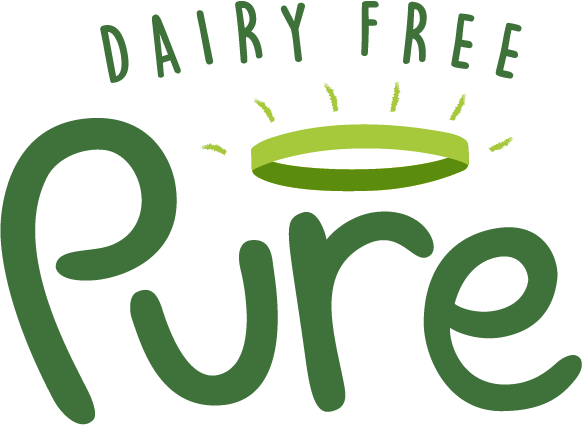
DAIRY FREE GUIDE FOR VEGETARIANS
Well planned vegetarian diets can be both nutritious and healthy, however vegetarians do need to take particular care to balance their diets to avoid nutritional deficiencies. All Pure spreads are suitable for vegetarians as they’re made using no animal derivatives.
TOP TIPS
OMEGA-3
Vegetarians need to find alternative sources of important omega-3s (which non-vegetarians can get from oily fish). Omega-3s are important for a healthy heart. Non-fish sources include flaxseed, walnut, rapeseed oil and soya oil. It may also be worth considering taking a supplement made from algae derived DHA.
PROTEIN
Vegetarians can get protein from nuts, seeds, pulses, grains, soya products (e.g. tofu), dairy products and eggs. Unlike meat, plant proteins do not contain all the essential amino acids we need. However, when plant proteins are mixed together, they give a better mix of amino acids overall as well as providing a varied and interesting diet.
VITAMINS
Most vitamins can be obtained easily from a vegetarian diet, but you may need to pay particular attention to vitamin B12 (needed for a healthy nervous system and red blood cells), vitamin B2 (important for energy levels) and vitamin D (important for healthy bones). If you’re eating eggs and dairy foods then getting enough Vitamin B12 and B2 shouldn’t be a problem. Vegans should consider including fortified foods containing Vitamin B12 and B2 (check the label). To top up your vitamin B12 and B2 vitamin levels include yeast extract (e.g. Marmite), Soya milk, yoghurts and desserts and breakfast cereals in your diet. Our bodies can make Vitamin D from sunlight during the spring and summer. At other times of the year it’s important to try and eat foods that contain fortified Vitamin D, such as eggs, breakfast cereals and fortified soya milks.
MINERALS
Vegetarian iron sources include wholemeal bread, dried fruits, beans and lentils, nuts and sesame seeds. To help your body absorb iron from plant foods, include a source of Vitamin C with your meal. Good options are vegetables, fruit or a glass of fruit juice. Meat, fish and nuts are good sources of selenium. If you’re not eating meat or fish make sure you include some nuts in your diet. Brazil nuts are a particularly good source.
